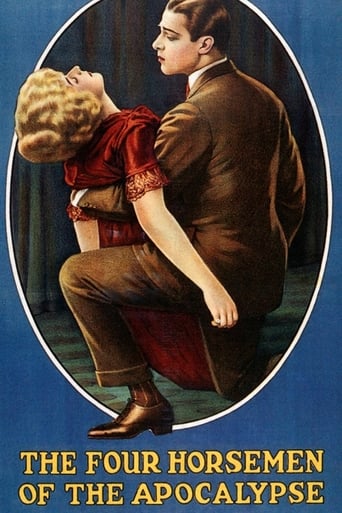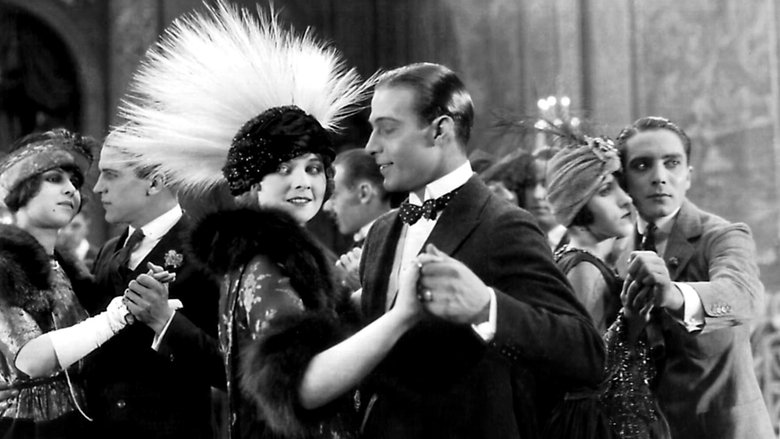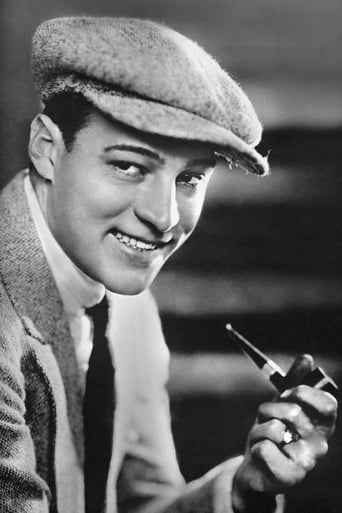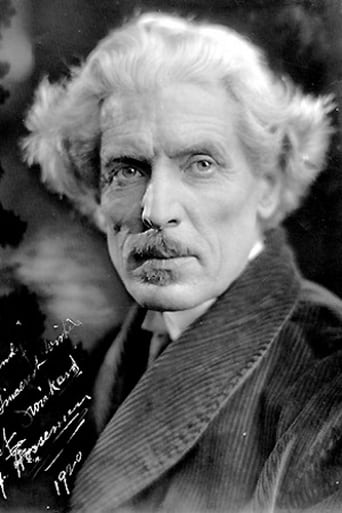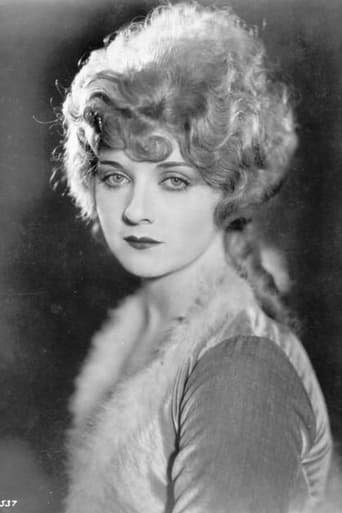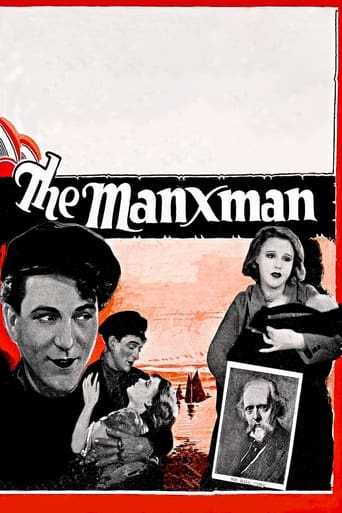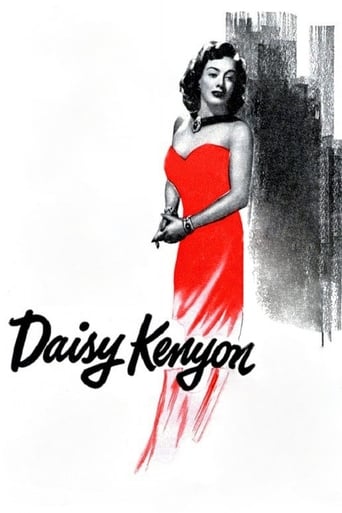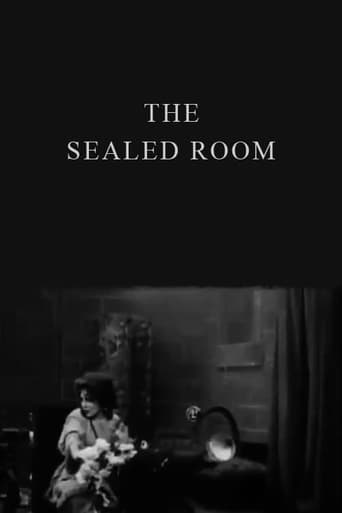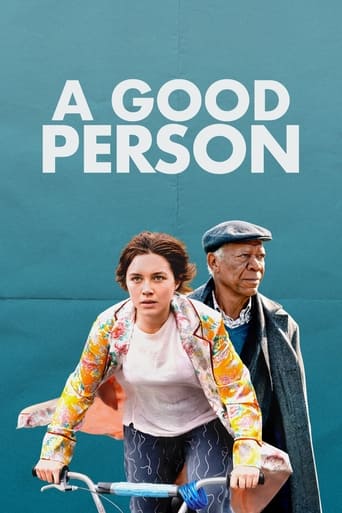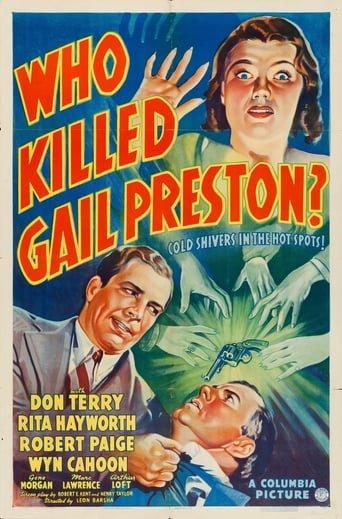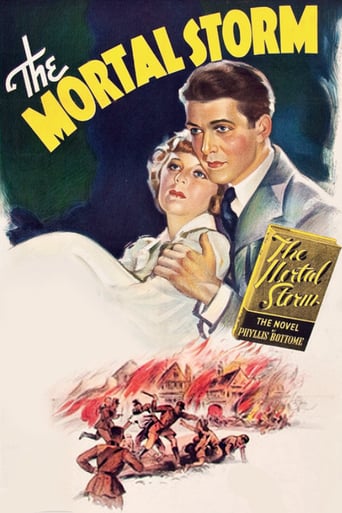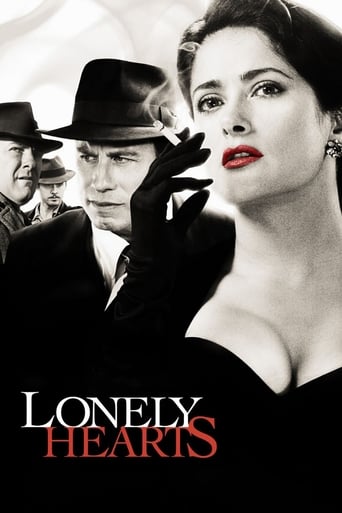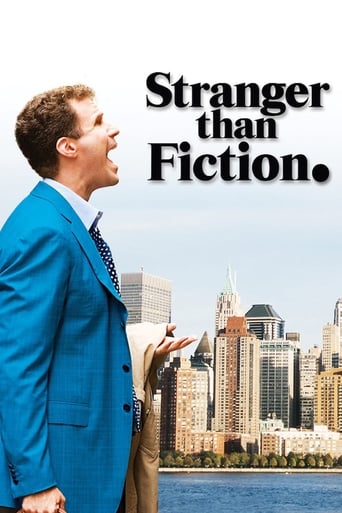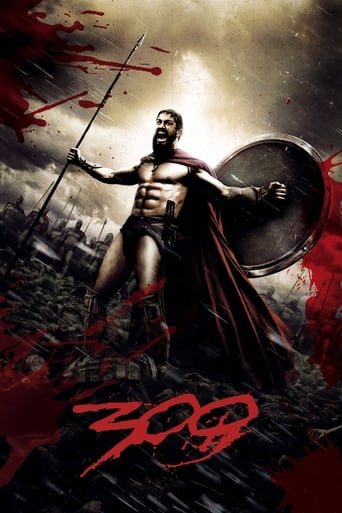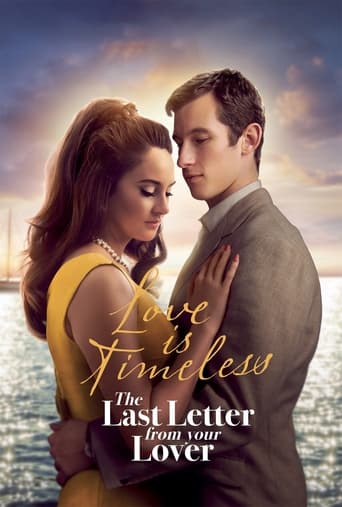The Four Horsemen of the Apocalypse (1921)
Set in the years before and during World War I, this epic tale tells the story of a rich Argentine family, one of its two descending branches being half of French heritage, the other being half German. Following the death of the family patriarch, the man's two daughters and their families resettle to France and Germany, respectively. In time the Great War breaks out, putting members of the family on opposing sides.
Watch Trailer
Cast


Similar titles
Reviews
best movie i've ever seen.
This is one of the few movies I've ever seen where the whole audience broke into spontaneous, loud applause a third of the way in.
It’s not bad or unwatchable but despite the amplitude of the spectacle, the end result is underwhelming.
Like the great film, it's made with a great deal of visible affection both in front of and behind the camera.
I have been so intrigued by the wonders of the early silent films. We forget that with the disadvantage of early technology, great stories were told. They also involved us in a way that later cinema could not. This is a marvelous story, even though it is heavy handed and moralistic. Yes, I agree that the Germans come across as stereotypes, leering and dangerous. But they were the pillagers and the imperialists here, and one can see how the director would portray them. There have to be heroes, so one needs worthy adversaries. Rudolph Valentino plays the profligate son of a rich Argentinian who dotes on him. When he dies, however, he is fair and the two families are split--one going to France, the other to Germany. Cultural mores are brought to the fore. Valentino's character, Julio, leads a life of excess, even stealing the wife of a man, though war makes any sort of future impossible. There is a sort of sage, a soothsayer who introduces Julio and the rest of us to the Four Horsemen of the Apocalypse. They, of course, flourish during the Great War. What transpires is great unhappiness and despair. Hell is on Earth in this film. The battle scenes are very good and the lack of a happy ending. Very worthwhile film.
The Four Horsemen of the Apocalypse (1921) was the biggest blockbuster of its day and among the highest-grossing films of the 1920s. Today, it is the most well-known film of the unsung director Rex Ingram, notable for being the film which launched the career of heartthrob Rudolph Valentino with the iconic tango sequence, and it is lauded as an early anti-war picture. But is it really deserving of the praise and attention it gets outside of historical significance? The film itself is unevenly paced, even stately. One feels every slow minute of its two hours. Ingram's direction is good though, and the visuals are stunning, as they always are in an Ingram production.The acting is uneven too. Valentino does well as Julio, going from a callow philanderer to a selfless war hero. His more restrained technique is a great contrast to the eye-bulging insanity he displays in his most well-known film, that masterpiece of kitsch, The Sheik (1921). However, I think his best performance was still ahead of him in The Eagle (1925), where he juggles drama, comedy, action, and sensual romance with ease.Alice Terry is not one of my favorite actresses, as I find she doesn't possess much charisma for a leading lady. This is probably one of her better performances, a restrained portrait of romantic yearning and a struggle between her happiness and the welfare of her much older husband.Though many have praised his performance, I found Joseph Swickard to be almost embarrassing as Valentino's father. He reacts to the atrocities around him with bulging eyes and cartoonish trembling. When he collapses while telling Julio to be ruthless in war, it comes across as unintentionally comedic rather than emotional.I also disagree with the notion that this is an anti-war picture. The depiction of the Germans in this film is as extreme as the cartoonish villainy of Erich von Stroheim's nurse-raping and child-murdering Prussian lieutenant in The Heart of Humanity (1918). While the characters regret the casualties of the war, the film suggests that the war had to happen because those evil Germans had to be stopped. The enemy are not treated like people; they're all wicked and that is definitely reminiscent of wartime propaganda, not a movie arguing for pacifism or the senselessness of war.Honestly, I wish Ingram were more remembered for his excellent production of Scaramouche (1923), which is even greater than the more celebrated 1953 remake. It also has better performances and pacing. Four Horsemen is a decent epic, but it isn't anymore memorable than any other by-the-numbers blockbuster Hollywood had and has cranked out before or after.
I came across this film on TCM while flipping channels, having no idea what it was or who the actors were or how far into the story it was, and not usually having the patience to watch silent films. It was the scene where the young woman is admiring herself in what appears to be a nun's or nurse's dress she must've just put on for the first time, and the young man is troubled, talking with her, and I was caught by her attractive face and the natural acting of both of them, and decided to watch until it got boring. Well, I watched it all the way through to the end more than an hour later. The girl, and the white-haired french aristocrat, intrigued and impressed me the most, and the young man was also very good whenever he was appearing with her. And it was clear from the scene of the invasion of the town, Villeblanch, that this was a very big-budget production, and that the film must have been a very big deal back in its time. The music, which I knew must be a modern addition, was very effective and felt just right. I was amazed at the emotional power of the film, because I have almost never before had a real emotional reaction to a silent film, certainly not for so long a stretch; the stiff acting, or the static camera, or the muddied visuals, or the clumsy pacing always get in the way. From the small-print logo at the bottom of the title cards I learned the film was "Four Horsement of the Apocalypse" (which, as I am no great film history student, I'd never heard of) and as soon as it was over I came to IMDb to learn who the actress was. Imagine my surprise to discover the young man was Valentino! The girl was Alice Terry, a name I vaguely recognized; she was really a wonderful, emotionally powerful actress. This is the first silent film I've seen that gave me a glimmer of how the people back in the days of silents could have thought silent film acting was better than talking film acting; when Valentino and Terry were together it was like they could communicate by telepathy -- words would only get in the way. (I just saw Singing in the Rain again last night, which involves the film industry in the moment of transition from silents to talkies). One of the techniques that made this film work, I think, was the fleetingness of the emotional images: the face of the actor or actress would catch the emotional expression in close-up, and often, almost immediately the film would cut to a title-card or another shot. This avoided the unnaturally-long holding of an expression on the face that makes so many silent films feel false. I suppose to most directors in those days, and to self-centered actors, the idea was, the producer is paying so much to get that face on the screen, better to leave it up there as long as you can. But in real life emotions flash onto and off of our faces so quickly, some of the most powerful communications are made in the shortest instants. The editing in this film, at least in the last half (I've never seen the first half) understands that.
I had always wanted to watch this Silent version of the Vicente Blasco Ibanez novel (who, incidentally, wrote MARE NOSTRUM as well - also filmed by Ingram in 1926), especially since it's considered to be vastly superior to the 1961 Vincente Minnelli remake in color and widescreen - which is a film I've watched quite a few times and which I've actually always liked! Still, now I can't help but agree that the remake is virtually overblown in every department by comparison with the original; the only thing I could find where it improved on the Silent version is the relationship between Julio and his German cousin, which is rather underdeveloped in Ingram's film (though in both versions, the two of them die together).The large-scale production is truly impressive, with settings ranging from rural Argentina to the French aristocracy and the grimy battlefields of World War I - not to mention a striking vision of Hell, with a gigantic fire-breathing demon unleashing the somber and ominous titular figures. The cast is certainly efficient, though some of the familiar names actually only gained popularity years later (Alan Hale, Wallace Beery and Jean Hersholt): Rudolph Valentino was shot to super-stardom with his role of the gigolo who develops a conscience and gives his life for a country which is not even his (a miscast Glenn Ford was certainly no match for him in the remake!); the tango sequence is justly celebrated, but his performance is excellent throughout (again, this might very well constitute his best work). Needless to say, the female lead was played by Ingram's own wife Alice Terry; also worth mentioning is Nigel De Brulier as a gaunt and gloomy exiled Russian who 'sees' the Four Horsemen and predicts the extent of their havoc. Though quite slow-going, the plot is compelling and the handling vivid enough to withstand its hefty 134-minute duration; as a matter of fact, the film is probably the most notable epic 'family saga' since D.W. Griffith's THE BIRTH OF A NATION (1915) which, obviously, had dealt with the American Civil War and its turbulent aftermath.I've watched 6 Rex Ingram films so far and, apparently, the only two surviving titles of his I've yet to catch up with are THE ARAB (1924) and THE GARDEN OF ALLAH (1927); this is possibly the finest of them, however, despite being the oldest - and I'm surprised it still hasn't made it to DVD (from Warners), ideally as a 2-Disc Set in order to include the Sound remake...

